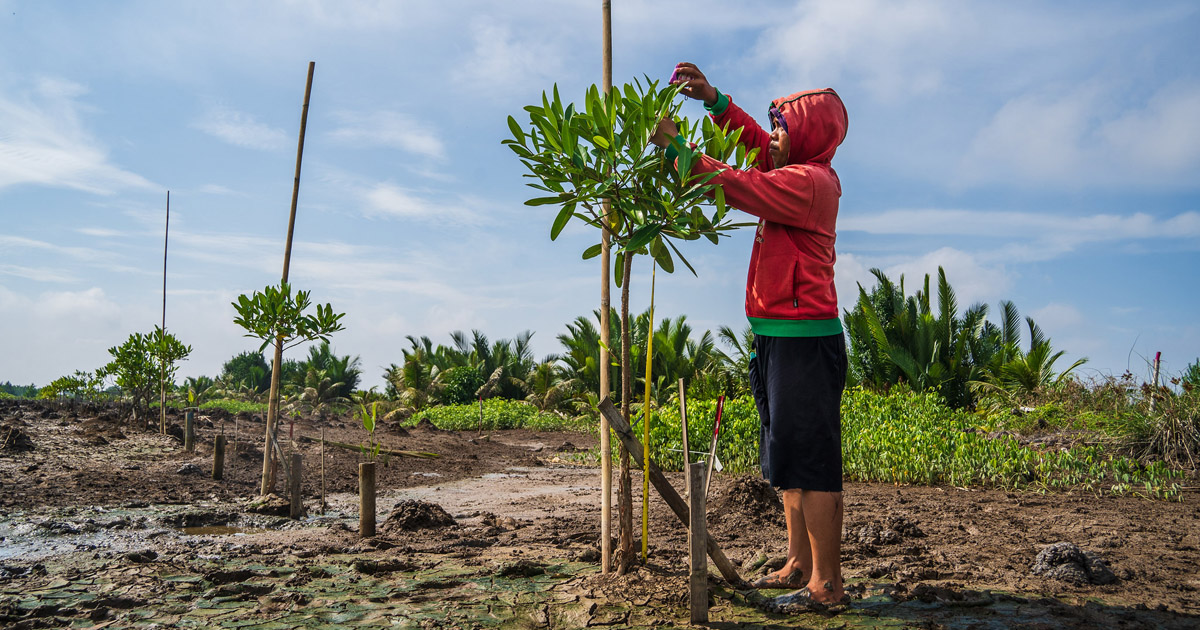Poster session: Social innovations for implementing the SDGs II
Women adoption of improved seeds in sorghum production: Insights from Tanzania
Agricultural production plays an important role in enhancing food security and livelihoods of the rural population in developing nations. With the challenge of climate change, sorghum production has emerged as a crucial aspect of agricultural sustainability offering resilience and adaptation strategies. Productivity-enhancing agricultural technologies such as resilient crop varieties, complementary inputs, improved irrigation systems, and farming equipments are necessary for advancing the Sustainable Development Goals (SDGs). Despite various initiatives, technology adoption rates among smallholder farmers, especially women, remain notably low in Tanzania. With recent efforts in empowering gender-inclusive technology utilisation, addressing gender disparities in agricultural production remains critically important. The objective of this study is to analyse the socioeconomic and institutional determinants influencing women’s decisions regarding the adoption of improved seeds in sorghum production in Tanzania. Using cross-sectional data from 240 respondents, we employed a binary probit model for analysis. The descriptive results show that approximately 48% of female farmers use improved seeds for production. Additionally, findings from the binary probit model reveal that factors such as improved seed price, participatory varietal selection programs, pesticides use, and herbicides use significantly and positively influence adoption of improved sorghum seeds, while household member role, off-farm income, and production experience have a significant and negative association with women's decision towards use of improved sorghum seeds. As a result, this study suggests improving access to production inputs, implementing farmer training programs, and ensuring the availability of high-quality seeds, as these measures hold the potential to boost farmers’ productivity, improve livelihoods, and promote sustainable development.














